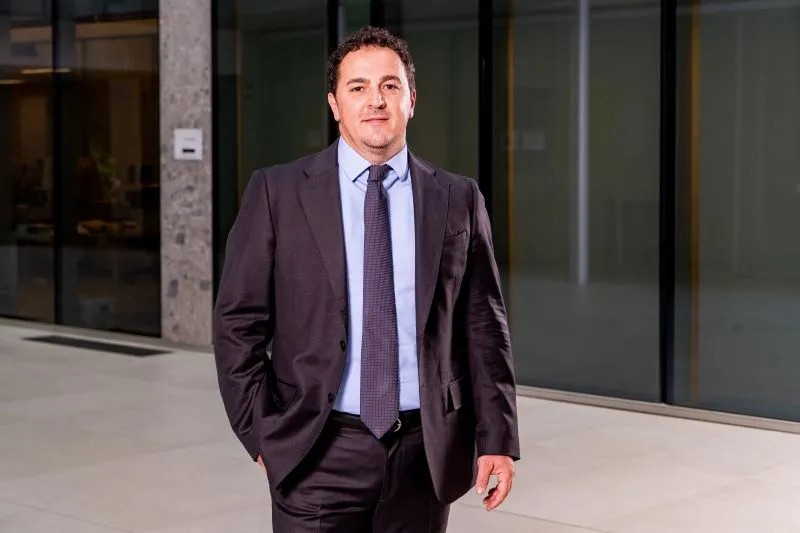
The Program for Modern CFOs. But not Only
The world's economies are now closely interconnected and the timely and accurate analysis and management of the economic and financial performance of companies plays a crucial role in business dynamics. The Master of Science in Administration, Corporate Finance and Control (AFC) "responds to these needs by developing a course of study on three paths of knowledge" - explains Antonio Marra, associate professor at the Department of Accounting of Bocconi University and director of the AFC program. The courses taught are linked to these thematic areas and contribute, in the first year, to provide students with a vision that is both specialized but transversal aimed at giving students a global vision of business dynamics, both financial and operational. In the second year they will then be able to choose from some majors related to professional opportunities: financial accounting and management control; auditing; corporate finance; data analytics." All this while maintaining close relationships with the world of work and integrating traditional classroom lessons with testimonies, simulations, case histories.
"It is important that the technical skills related to performance and economic-financial communication, corporate finance, planning and management control are complemented by the ability to read the world in which the company operates and interpret its evolutionary scenarios. For this reason, our students acquire skills in economics, law, institutions and financial markets, corporate governance and business management", says Marra, "they learn to connect and use this knowledge to operate effectively both within organizations and as external business partners helping companies to make complex choices and manage change. . The teaching model is linked to the professionalizing aspects rather than to the notions themselves, because we want to develop the ability to 'know how to do' and 'problem solving' rather than acquiring a mere knowledge of some principles, indispensable but which alone are not enough to manage – all around - the complexity of the economic and financial aspects of companies in modern economies that must respond quickly, effectively and organized to many interlocutors very quickly."
There are two traditional professional trajectories of these students: the first, the internal one of the company, generally in the financial direction that sees its ultimate goal in the figure of the Chief Financial Officer or the General Manager; the second instead for those who observe the company from the outside in the role of auditor, financial analyst, in investment banks, and in consulting: "All sectors that draw heavily on our graduates", Marra specifies. In recent years, however, two new trends are emerging and require a constant updating of programs: "On the one hand, that of big data and data analytics, with the growth of requests from employers for professional figures able to read and interpret complex data; on the other, the issue of non-financial disclosure, everything that companies do in terms of 'well being', sustainability, respect for the environment. Non-numerical indicators that today play a central role in business life," says Antonio Marra.
AFC has two classes in Italian and one in English. In the latter, the representation of foreign students is quite high: "They make up about 40% of the class, from around fifteen countries," confirms Marra. "On the international level, the course has three peculiarities that distinguish it: first of all it is biennial, many other programs are annual. This allows those who attend it to have a more thorough preparation. Secondly, it is interdisciplinary, it is a course where 'financial management' is valued in a broader context. Third, the soft skills acquired through an extremely complete choice of extracurricular courses."